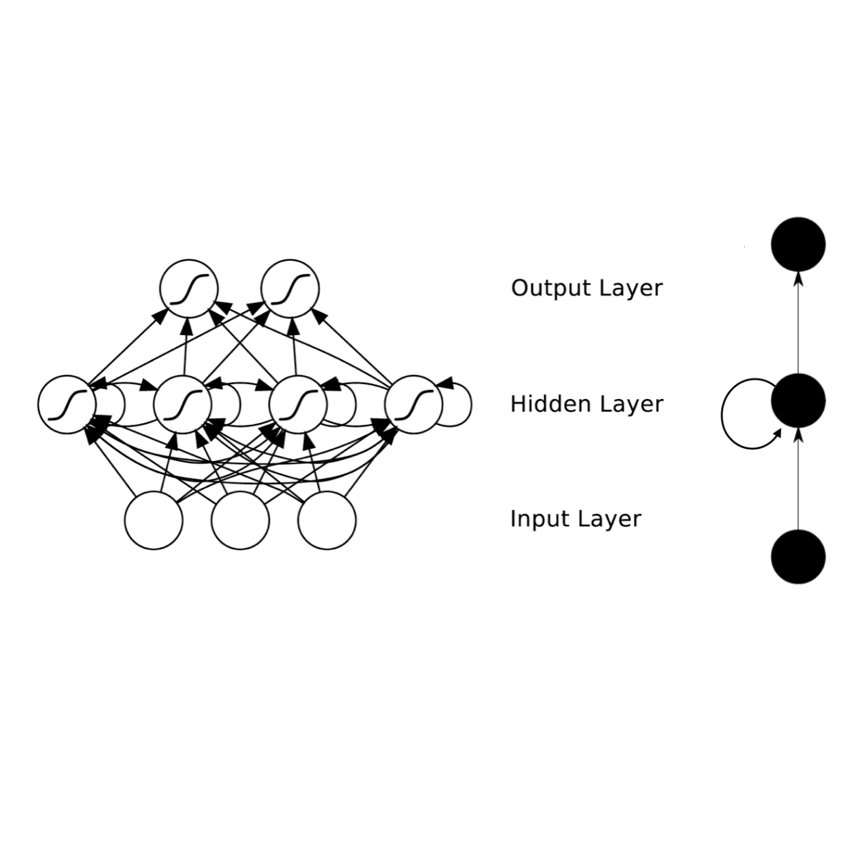This paper proposes a reinforcement learning approach for nightly offline rebalancing operations in free-floating electric vehicle sharing systems (FFEVSS). Due to sparse demand in a network, FFEVSS require relocation of electrical vehicles (EVs) to charging stations and demander nodes, which is typically done by a group of drivers. A shuttle is used to pick up and drop off drivers throughout the network. The objective of this study is to solve the shuttle routing problem to finish the rebalancing work in the minimal time. We consider a reinforcement learning framework for the problem, in which a central controller determines the routing policies of a fleet of multiple shuttles. We deploy a policy gradient method for training recurrent neural networks and compare the obtained policy results with heuristic solutions. Our numerical studies show that unlike the existing solutions in the literature, the proposed methods allow to solve the general version of the problem with no restrictions on the urban EV network structure and charging requirements of EVs. Moreover, the learned policies offer a wide range of flexibility resulting in a significant reduction in the time needed to rebalance the network.
翻译:本文建议对自由流动电动车辆共享系统(FFEVSS)的夜间离线再平衡作业采取强化学习方法。由于网络需求稀少,FFEVSS要求将电动车辆(EVs)迁移到充电站和需求节点,通常由一组司机负责。穿梭车在整个网络中接送司机。本研究的目的是解决穿梭路线问题,在最短的时间内完成再平衡工作。我们考虑了这一问题的强化学习框架,由中央控制者决定多班车车队的航向政策。我们采用政策梯度方法培训经常性神经网络,并将所获得的政策结果与超自然解决方案进行比较。我们的数字研究表明,与文献中的现有解决方案不同,拟议方法使得问题的一般版本得以解决,对城市的EV网络结构没有限制,对EV的要求也是如此。此外,所学习的政策提供了广泛的灵活性,从而大大缩短了重新平衡网络所需的时间。





